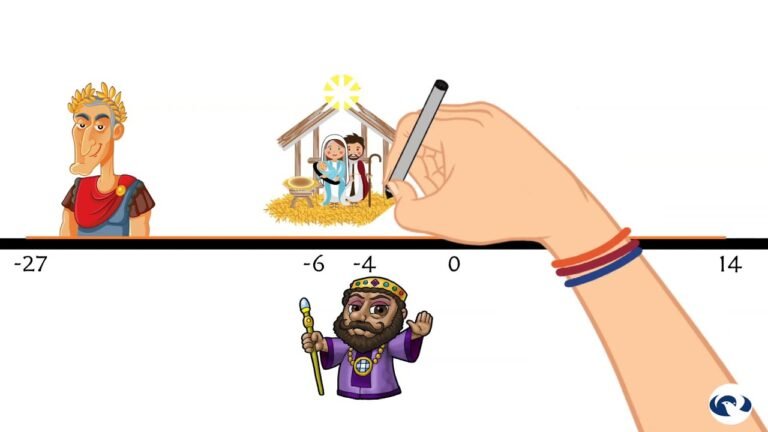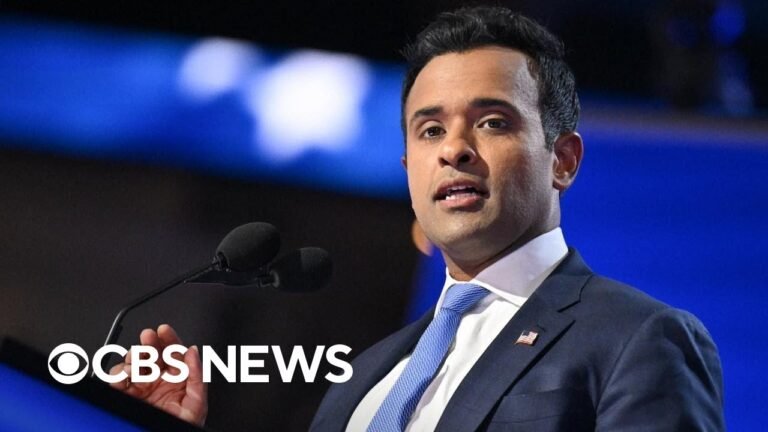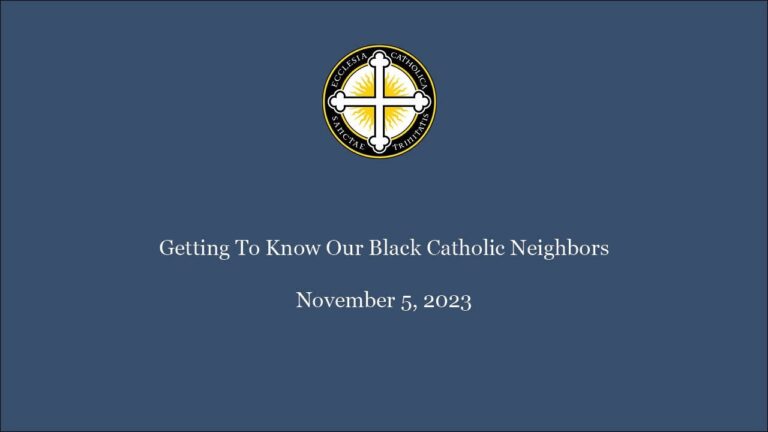Empowering Faith: The Essence of Black Liberation Theology
Black liberation theology emerges as a powerful movement that intertwines faith and social justice, advocating for the rights and dignity of marginalized communities through a theological lens. Rooted in the struggles of African Americans, this dynamic framework challenges oppressive structures and highlights the importance of racial equity within the church and society. By reinterpreting biblical narratives in the context of liberation and empowerment, black liberation theology inspires a transformative dialogue that seeks not only spiritual renewal but also tangible change in the pursuit of justice and equality for all.
What role does faith play in black liberation theology?
Faith in black liberation theology empowers the oppressed, emphasizing God’s solidarity with marginalized communities and inspiring action for social justice and equality.
Who is considered the father of black liberation theology?
James Hal Cone, an influential American Methodist minister and theologian, is widely recognized as the father of black liberation theology. Born on August 5, 1938, Cone dedicated his life to addressing the intersection of faith and social justice, advocating for the empowerment of Black communities through a theological framework that challenged systemic oppression. His groundbreaking work has left an indelible mark on both religious and academic spheres, inspiring generations to seek liberation and equality through a lens of faith. Cone’s legacy continues to resonate, affirming the importance of spirituality in the struggle for justice.
What does African liberation theology entail?
African liberation theology is a profound exploration of the historical and contemporary struggles faced by African people, emphasizing their unique experiences and perspectives. It seeks to intertwine faith with social justice, advocating for development and the establishment of a new social order grounded in Christian principles. This theology not only critiques past injustices but also inspires collective action and hope, urging communities to transform their realities through the teachings of the gospel.
What are the core principles of black theology?
Black Theology is rooted in the unique experiences of Black individuals and communities, emphasizing their lived realities as the starting point for theological reflection. This perspective seeks to understand and articulate faith through the lens of historical and contemporary struggles against oppression, highlighting the importance of context in spiritual discourse. By centering the Black experience, this theology challenges traditional narratives and invites a more inclusive exploration of faith.
At the heart of Black Theology lies the belief in a God who actively sides with the oppressed. This liberative model draws inspiration from the life and teachings of Christ, who embodies the role of a liberator. Through this lens, the divine is seen as a source of strength and hope, empowering individuals to confront injustice and pursue freedom. This understanding fosters a deep connection between faith and activism, urging believers to seek justice in both spiritual and social realms.
Active engagement in the liberation process is a fundamental principle of Black Theology. It calls for believers to move beyond passive faith and instead participate in efforts aimed at dismantling systemic oppression. This theology champions social justice, urging individuals and communities to work collaboratively toward a more equitable society. By integrating faith with action, Black Theology inspires a commitment to transformative change, reinforcing the idea that spirituality and social justice are inextricably linked.
Uniting Spirituality and Social Justice
In a world often divided by inequality and strife, the intersection of spirituality and social justice offers a powerful pathway to healing and transformation. By embracing the principles of compassion, empathy, and interconnectedness, individuals and communities can cultivate a deeper understanding of the struggles faced by marginalized groups. This union not only inspires collective action but also fosters a sense of purpose that transcends individual concerns, urging us to harness our spiritual beliefs as a catalyst for meaningful change. Together, we can create a more equitable society where the dignity of every person is upheld, and justice flows from the wellspring of our shared humanity.
A Journey Through Faith and Freedom
In a world where uncertainty often reigns, the quest for faith becomes a beacon of hope, guiding individuals toward a deeper understanding of themselves and their beliefs. This journey is not merely a search for answers; it is an exploration of the profound connections we share with one another and the universe. Each step taken along this path unveils new layers of meaning, fostering resilience and nurturing a spirit of community that transcends differences. As we embrace our faith, we discover the freedom to express our true selves and to forge connections that inspire and uplift.
Freedom, in its essence, is the ability to live authentically, driven by our convictions and aspirations. This journey through faith empowers us to break free from the constraints that society often imposes, allowing our unique voices to resonate in a harmonious chorus. As we navigate the complexities of life, we find strength in our beliefs and the courage to challenge the status quo. Ultimately, this exploration culminates in a profound sense of liberation, inviting us to not only celebrate our individuality but also to honor the collective spirit that unites us all.
Redefining Belief in the Fight for Equality
In a world where disparities persist, redefining belief becomes essential in the fight for equality. The notion of belief extends beyond personal conviction; it encompasses a collective commitment to justice and fairness. When individuals unite under a shared vision, they harness the power to challenge systemic inequalities and advocate for those whose voices have been marginalized. This solidarity transforms individual beliefs into a movement that can inspire change, breaking down barriers that have long divided communities.
As we navigate the complexities of social justice, it is primordial to recognize the role of empathy in shaping our beliefs. Empathy allows us to step into the shoes of others, fostering understanding and compassion. By amplifying the stories of those who have faced discrimination and adversity, we not only validate their experiences but also encourage a broader audience to engage with these issues. This heightened awareness can shift societal norms, prompting individuals to re-evaluate their own beliefs and the impact they have on the world around them.
Ultimately, the fight for equality is a journey that requires ongoing reflection and action. Redefining belief means embracing a mindset that values inclusivity, equity, and respect for all individuals. As we challenge our own perspectives and stand in solidarity with marginalized groups, we contribute to a movement that seeks not only to alter policies but to transform hearts and minds. Together, we can build a future where equality is not just an aspiration but a reality, driven by a collective belief in the inherent dignity of every person.
The Intersection of Faith and Activism
In a world increasingly defined by social challenges, the intersection of faith and activism emerges as a powerful force for change. Many individuals driven by their spiritual beliefs are stepping into the public sphere, advocating for justice, equality, and environmental stewardship. This fusion of conviction and action not only inspires communities but also galvanizes movements that address pressing issues such as poverty, climate change, and human rights violations. Faith-based activism serves as a moral compass, urging people to recognize their shared humanity and take action to uplift the marginalized.
Moreover, the collaboration between faith leaders and grassroots organizations amplifies the impact of their efforts. By harnessing the collective strength of diverse faith traditions, activists can create inclusive platforms that resonate across cultural boundaries. This synergy fosters a sense of hope and unity, reminding individuals that they can play a vital role in shaping a more equitable world. As faith and activism intertwine, they not only empower individuals but also ignite a collective movement that seeks to transform society through love, compassion, and unwavering commitment to justice.
Voices of Hope in a Struggle for Liberation
In the heart of every struggle for liberation, the voices of hope emerge as powerful catalysts for change. These voices, often born from the pain of oppression, resonate with a profound desire for justice and equality. They echo through the streets and communities, inspiring individuals to rise against injustice and reclaim their dignity. Each story shared, every song sung, and each word spoken becomes a beacon of hope, illuminating the path toward a brighter future.
As the movement gains momentum, these voices unite diverse communities, fostering solidarity and resilience. They remind us that the fight for freedom is not just a personal battle, but a collective journey that requires the strength of many. Through art, activism, and dialogue, the chorus of hope grows louder, empowering generations to envision a world where liberation is not just a dream but a reality. Together, they weave a tapestry of courage and determination, proving that even in the darkest times, the light of hope can shine through and lead the way.
Black liberation theology challenges us to reexamine the intersections of faith, justice, and race, urging a transformative approach to spirituality that advocates for the marginalized. By foregrounding the experiences and struggles of Black communities, it not only enriches theological discourse but also ignites a powerful movement towards social equity. Embracing this perspective is essential for fostering a more inclusive and just society, reminding us that the pursuit of liberation is a collective journey rooted in love, faith, and unwavering commitment to justice.






